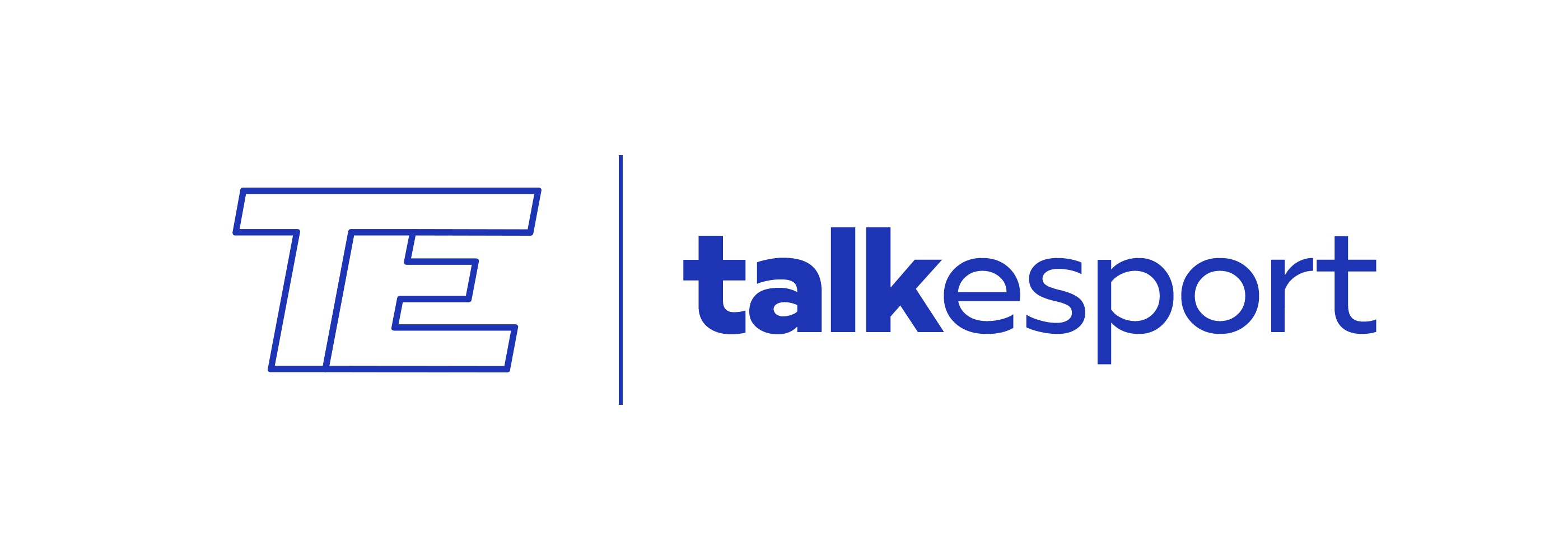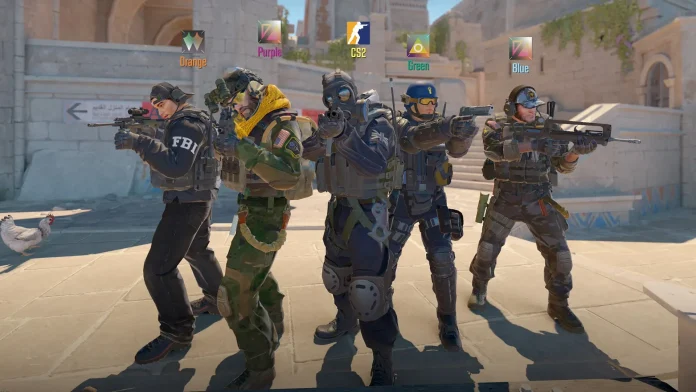In the world of online gaming, cheating has always been a persistent issue. With the recent release of Counter-Strike 2 (CS2), the developers at Valve are already taking significant steps to ensure a fair gaming environment for all.
Just days after the release of CS2, Valve has swiftly turned its attention to the growing problem of cheating. On October 2nd, a massive ban wave was initiated, targeting accounts that were using one of the most popular cheats in CS2. This move by Valve has been met with widespread approval from the gaming community, especially those who have been long-time fans of the Counter-Strike series.
Cheating has been a recurring issue in online multiplayer games, and CS2 is no exception. The predecessor, CS:GO, also faced its fair share of cheating problems. However, the rapid response from Valve in addressing cheating in CS2 has been a welcome change. While CS:GO had the Overwatch system, a community-driven cheating review mechanism, CS2 seems to be relying more on Valve’s VACnet AI to detect and ban cheaters, even without community input.
Despite the proactive measures taken by Valve, there have been instances of wrongful bans due to the new system. During the beta phase of CS2, there was a noticeable increase in cheaters, leading some to predict a bleak future for the game. However, the recent bans have reignited hope for a robust anti-cheat system in CS2. Prominent players like FaZe Clan’s ropz have voiced their opinions, suggesting that Valve should consider a more invasive anti-cheat system, similar to Riot Games’ Vanguard software for VALORANT.
The fight against cheating in online games is an ongoing battle. With the release of CS2, Valve has shown its commitment to ensuring a fair and enjoyable gaming experience for all players. The gaming community remains hopeful that with continued efforts and improvements, CS2 will set a new standard in online gaming integrity.


